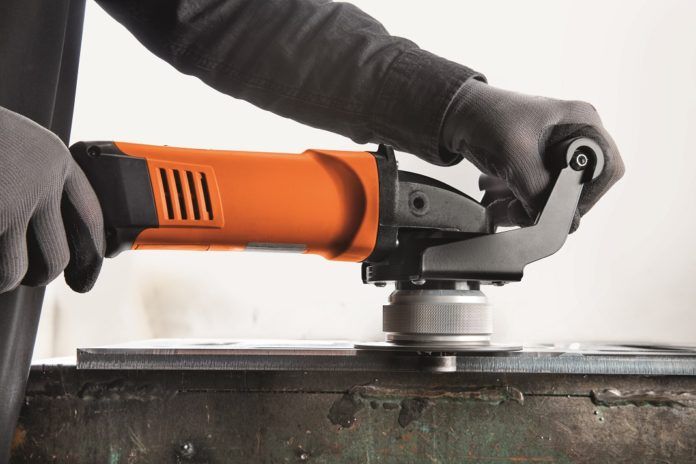Fifty-two percent of metalworkers admit they believe the tools they are using are not ‘fit for purpose,’ according to research from FEIN.
The research, from the power tools and accessories manufacturer, also uncovered that 72% believe if they had access to better tools, the time it takes to complete a job would be reduced significantly.
Furthermore, on average, 32% are having to change their tools every one to two years, with as many as 20% having to renew their tools every four to six months.
With 11,100 companies operating in the sector, this could be resulting in a significant level of unnecessary spend across the industry annually.
Regarding the complexity of the tools being used across the metalworking industry, 35% say the tools they are usually provided with by their employer are too complicated to use, and are not supported with adequate training upon them being implemented into the business.
While just 13% of respondents indicated their company consulted a specialist to solve the more complex problems which require advanced tools – in turn resulting in a loss of revenue for the business, as well as mistakes and poor-quality results.
On improving efficiency across the metalworking sector, the research uncovered that:
- 65% would like better training
- 42% are calling for more funding
- 39% would like better quality tools
- 35% asked for better tool accessories
- 29% would like to see the introduction of new technology.
Commenting on the findings, Andy Mills, managing director at FEIN UK, said: “Meeting with end users and understanding their applications at work, while providing them with in depth training has always been rooted in our strategy, so it’s great to see the research confirm our approach aligns with exactly what metalworkers are looking for, with 65% admitting they would like better training.
“However, as just 13% admit their company consulted a specialist to solve the more complex problems which require advanced tools, we are more committed than ever to ensuring we are speaking to end users, understanding their pain points and helping them to get the best out of their tools.”
Upon being questioned about ways to improve, the vast majority (83%) of those surveyed argued that they would rather have their employer seek out tools which will support the business in the long-term, as opposed to being given a tool that’s only going to provide a short-term fix and may have to be replaced again just a few months down the line.




